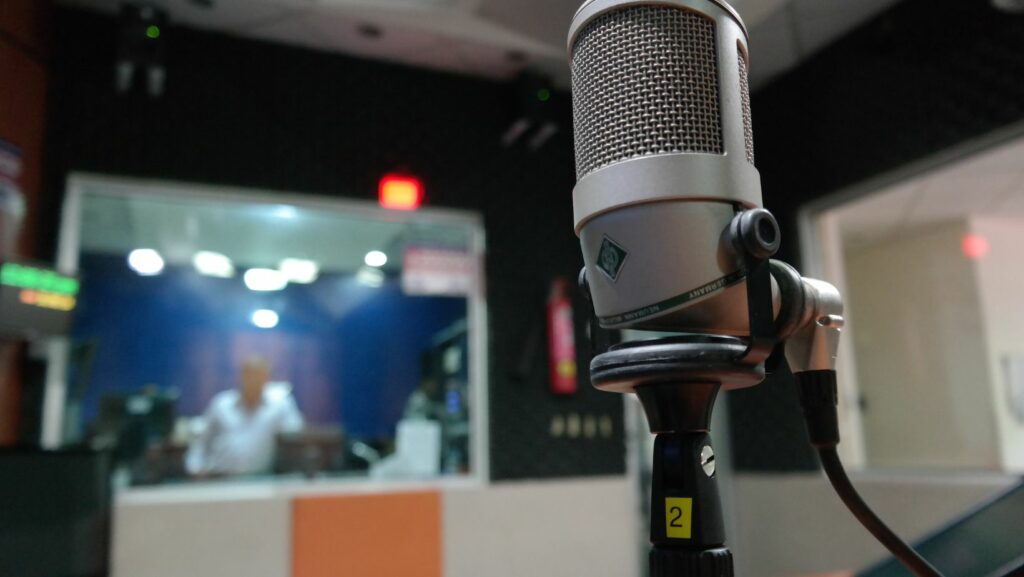Immerse yourself in the captivating world of the ‘Journal of Research in Music Education’ (JRME). This renowned publication has been at the forefront of music education research for more than six decades. It’s a beacon of knowledge, shedding light on the intricate relationship between music, learning, and human development.
The JRME isn’t just a journal—it’s a treasure trove of insights, theories, and methodologies that have shaped the landscape of music education. It’s the pulse of a vibrant academic community, fostering a rich dialogue that transcends geographical boundaries.
Whether you’re a seasoned educator, a budding researcher, or simply a music enthusiast, the JRME has something for everyone. So, let’s delve into the fascinating journey of music education research, as told through the pages of the JRME.
Journal of Research in Music Education
 Delving deeper into the Journal of Research in Music Education (JRME), it’s important to understand the substantial framework defining this esteemed publication.
Delving deeper into the Journal of Research in Music Education (JRME), it’s important to understand the substantial framework defining this esteemed publication.
The JRME, a broad-based journal, centers its work around the expansion of knowledge in music education. It fosters the exploration of not only music’s power in terms of human cognition and learning but also other significant aspects such as cultural impact, mental health implications, and creativity enhancement. Profound insights, encompassing theories and methodologies alike, fall within its purview. It carves a space nurturing dialogue and cooperation among educators, researchers, and, indeed, anyone with an interest in music. Its mission: to apply the lens of research to music education, underscoring its value in human development.
Impact and Recognition
The JRME enjoys recognition for its contribution to music pedagogy, bolstered by over six decades’ worth of consistent, rigorous research engagement. Its focus on often-overlooked aspects of music, such as its role in cognitive, sociocultural, and emotional well-being, yield an impact that’s both extensive and far-reaching. This respect comes from various quarters – among students, teachers, academicians, and numerous music aficionados, both local and global – underlining its role as an informative and comprehensive platform for multi-faceted music discourse. Recognition aligns with the quality it guarantees, translating to a substantial Impact Factor, a key parameter in academic publications. As it continues the march, the JRME remains a depot nurturing discourses on scientific, artistic, and pedagogical dimensions of music, thriving at the very heart of music education research.
Key Themes in Recent Publications
 Recent publications of the ‘Journal of Research in Music Education’ present a variety of themes. Here, two focus points seem prominent, namely, ‘Educational Methods and Theories’ and ‘Technology Integration in Music Education.’
Recent publications of the ‘Journal of Research in Music Education’ present a variety of themes. Here, two focus points seem prominent, namely, ‘Educational Methods and Theories’ and ‘Technology Integration in Music Education.’
Publications under this theme primarily tackle innovations in methodologies, pedagogical theories, and practical approaches within the field of music education. These investigate links between music and multiple facets of education. For instance, the potential for cross-curriculum learning by integrating music into math or language instruction. They’re unifying educators’ efforts to create an engaging and holistic learning atmosphere for students. Additionally, cutting-edge theories in music education, like the benefits of active music-making or the role of inner hearing in musical development, get substantial coverage. It’s their rigorous, evidence-based research that continues to push the boundaries of music pedagogy.
Analysis of Peer-Review Process
 In the JRME’s peer-review process, high editorial standards are maintained. Submissions undergo critical scrutiny by trained specialists in the music education field. These experts perform rigorous quality checks, examining the research’s relevance, soundness, and uniqueness before publication. For example, in the consideration of an article on ‘Innovative Pedagogical Approaches in Music Education,’ reviewers don’t merely gauge the teaching methods introduced. They scrutinize the validity of the research methodology, impact of the pedagogy on student outcomes, and the novelty of the approach, leading to a comprehensive review.
In the JRME’s peer-review process, high editorial standards are maintained. Submissions undergo critical scrutiny by trained specialists in the music education field. These experts perform rigorous quality checks, examining the research’s relevance, soundness, and uniqueness before publication. For example, in the consideration of an article on ‘Innovative Pedagogical Approaches in Music Education,’ reviewers don’t merely gauge the teaching methods introduced. They scrutinize the validity of the research methodology, impact of the pedagogy on student outcomes, and the novelty of the approach, leading to a comprehensive review.
The peer-review process at JRME significantly contributes to the field of music education. It not only ensures the publication of robust, quality research but it also stimulates progressive discourse in the music education community. Each article, for instance about ‘technology integration in music education,’ sparks off productive discussions among educators, researchers, and scholars. Simultaneously, it propels the development and adoption of more accessible, inclusive teaching methods. In this manner, JRME’s peer-review process becomes a beacon, encouraging innovation and upholding the quality of music education research.

